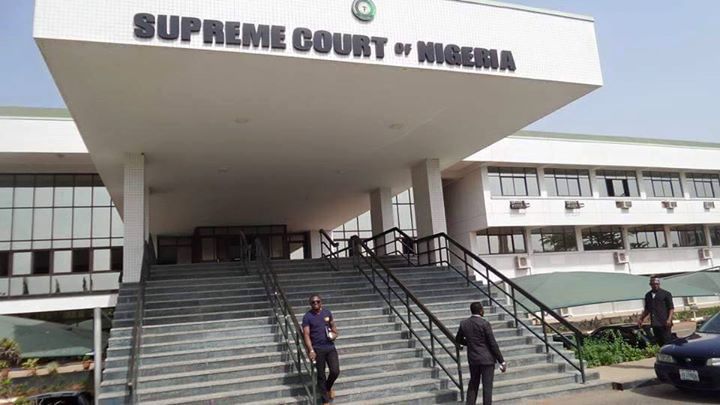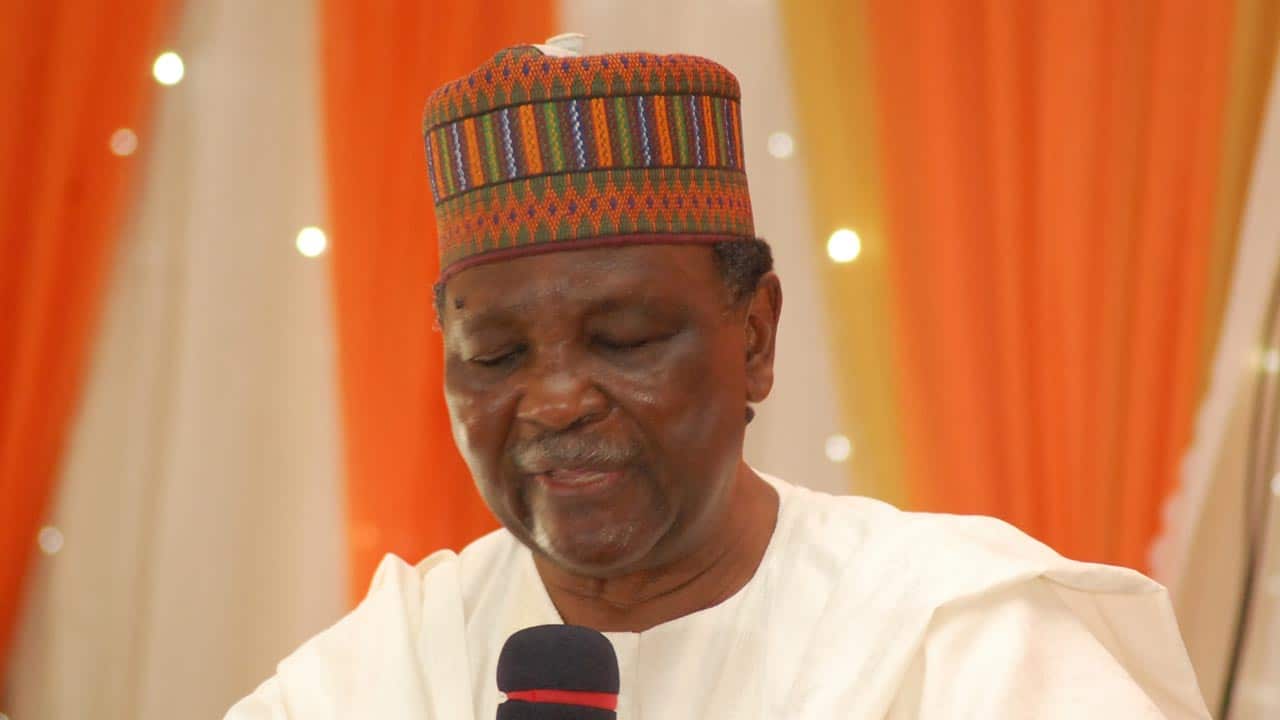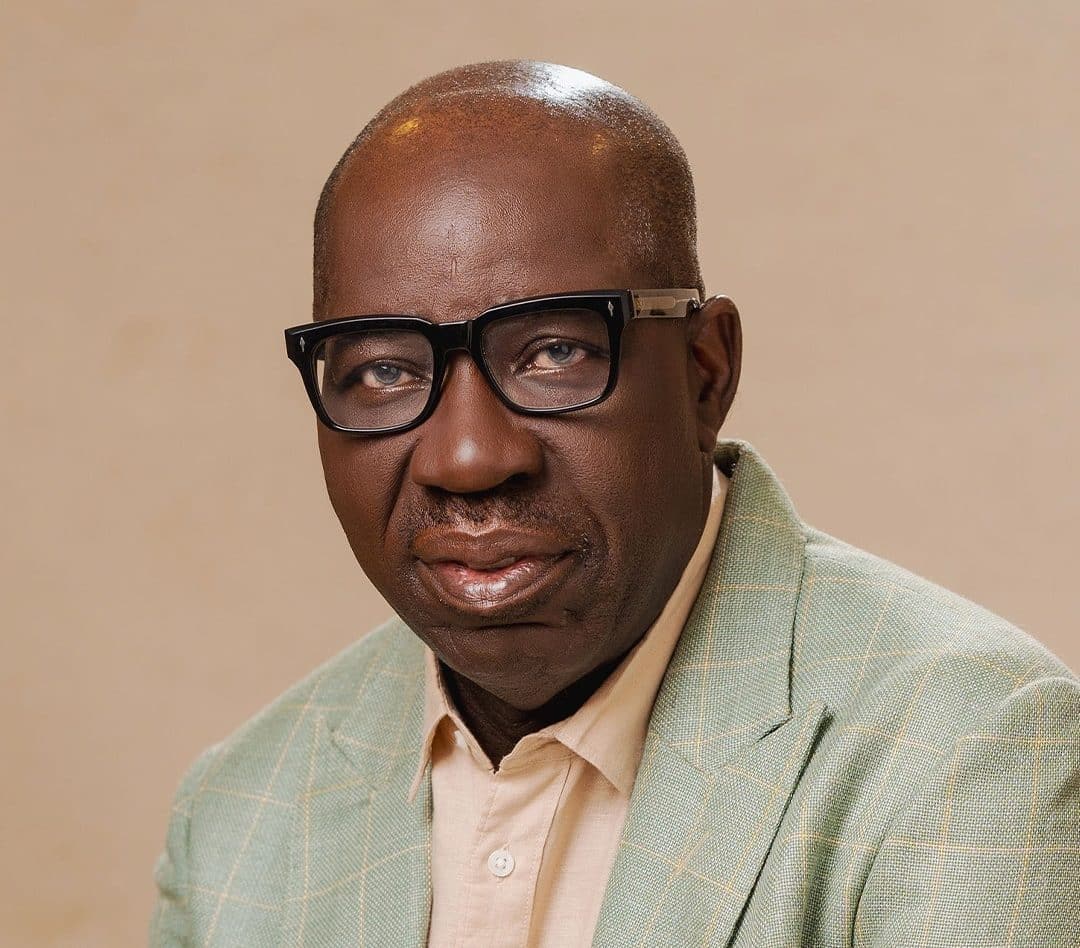ARTICLE AD
Heads of ECOWAS member states convened on Saturday to finalise and approve the design of the Lagos-Abidjan Corridor Highway Development Project, ahead of the procurement process set for discussion at their next meeting.
The meeting, held in Lagos and chaired by Nigeria’s Minister of Works, Senator Dave Umahi, focused on the $15 billion project, aimed at enhancing regional economic integration.
Currently in its study phase, the project is undergoing detailed research, planning, and design.
Providing an overview of the Lagos-Abidjan highway development, Umahi noted that the project, initiated in 2013, had received substantial funding from the African Development Bank. He stated that the meeting was crucial for finalising and approving the design, marking significant progress toward implementation.
He highlighted that the ECOWAS member states had already agreed on the project and that stages such as design, environmental impact assessments, and funding mechanisms had been in development for the past 11 years.
“The design, ESIA, conceptualisation, and funding mechanisms have been ongoing for the past 11 years.
“Today, we will hear from the committee of experts regarding the design, and we anticipate finalising and approving it. We expect to begin the procurement process, likely at our next meeting,” he said.
Ghana’s Minister of Roads and Highways, Mr Francis Boakye, underscored the role of infrastructure, particularly roads, in driving socio-economic development.
He highlighted how highways promote trade, tourism, and economic activities, referencing the United States’ economic expansion as an example of this correlation.
Boakye emphasised the importance of the Lagos-Abidjan highway project in advancing West Africa’s economic integration and noted Ghana’s strong commitment to its realisation.
Minister of Equipment and Road Maintenance for Côte d’Ivoire, Dr Amede Kouakou, reiterated the collective commitment of the involved nations to accelerating progress on the project. He pledged to take concrete steps to ensure the project benefits the citizens of Côte d’Ivoire and Nigeria.
The Lagos-Abidjan Corridor Highway, scheduled to commence in 2025, is part of the larger Dakar-Lagos Corridor and is a flagship ECOWAS development programme. The 1,068-kilometre project will span five ECOWAS member countries: Côte d’Ivoire, Ghana, Togo, Benin Republic, and Nigeria, traversing eight border towns and four country-pair land borders, from Eric Moore in Lagos to Abidjan.
The project is financed by the African Development Bank.
NAN

 2 months ago
18
2 months ago
18 

